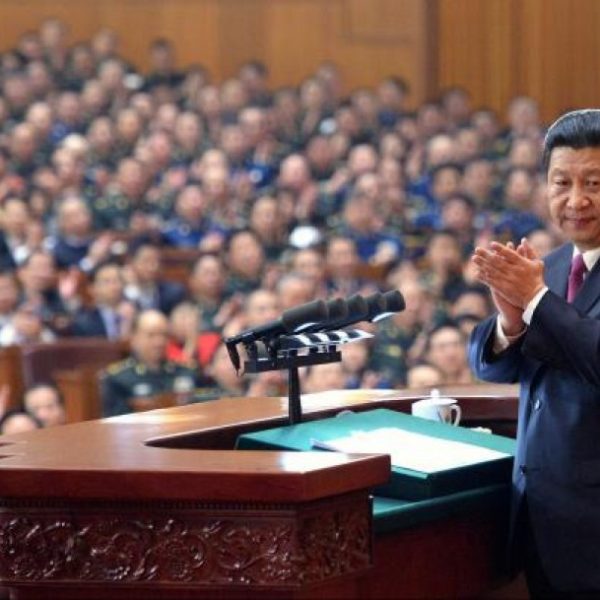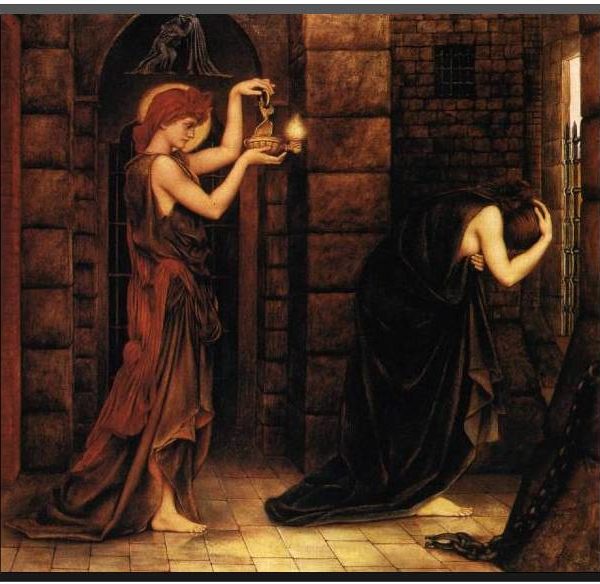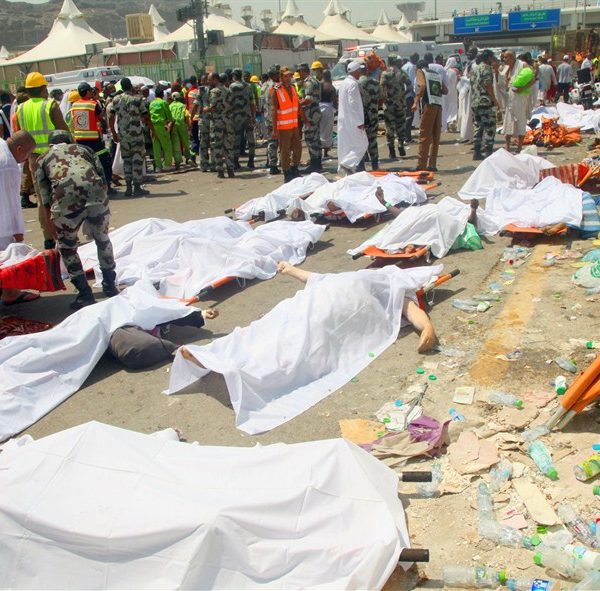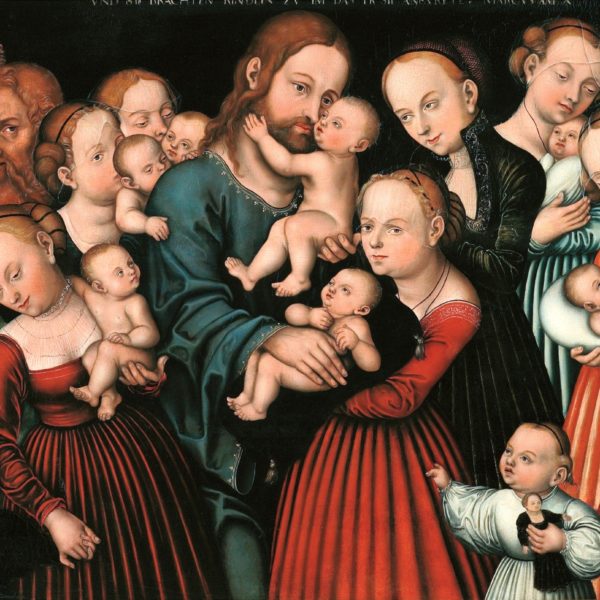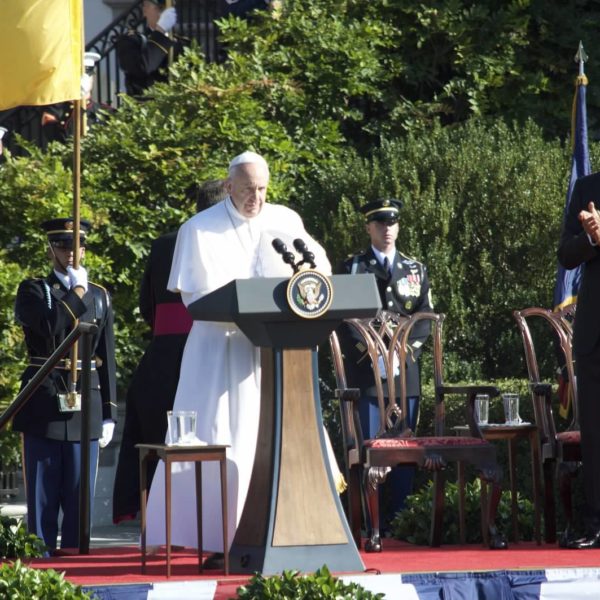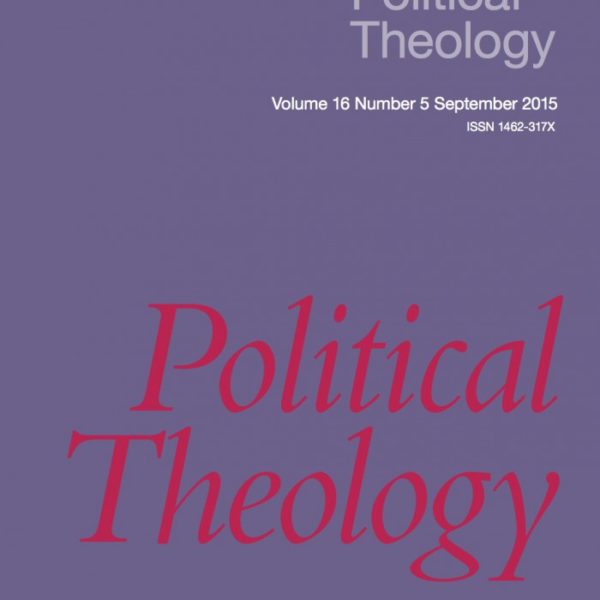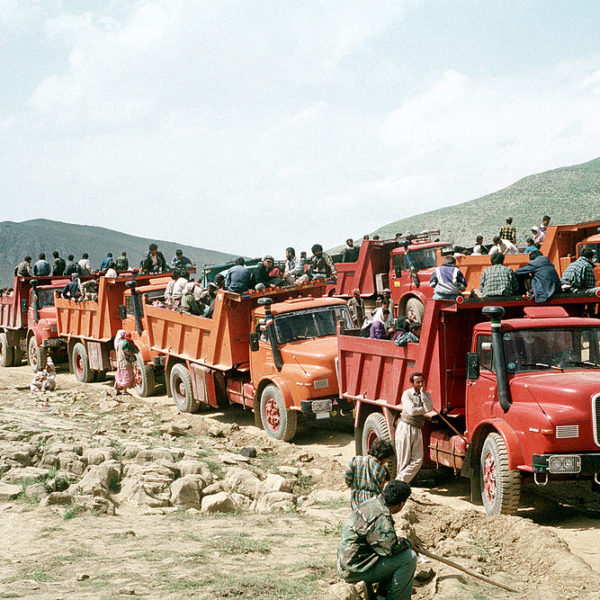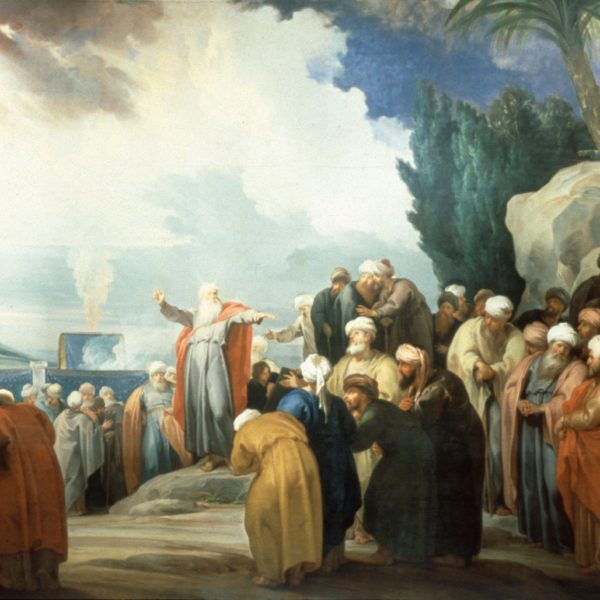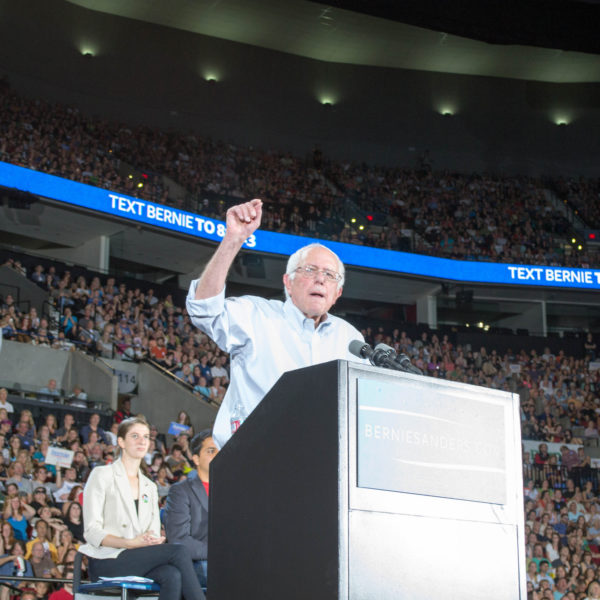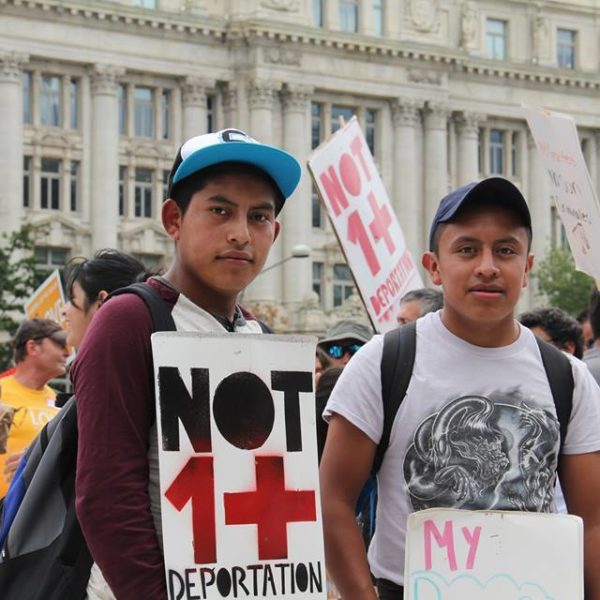
On 13 August, the main floor of the New Haven People’s Center was characteristically hot and unusually crowded for a late summer evening. About half a dozen lawyers, nonprofit workers, and labor union staff were there for a meeting of the Connecticut Immigrant Rights Alliance.
By Guest Post
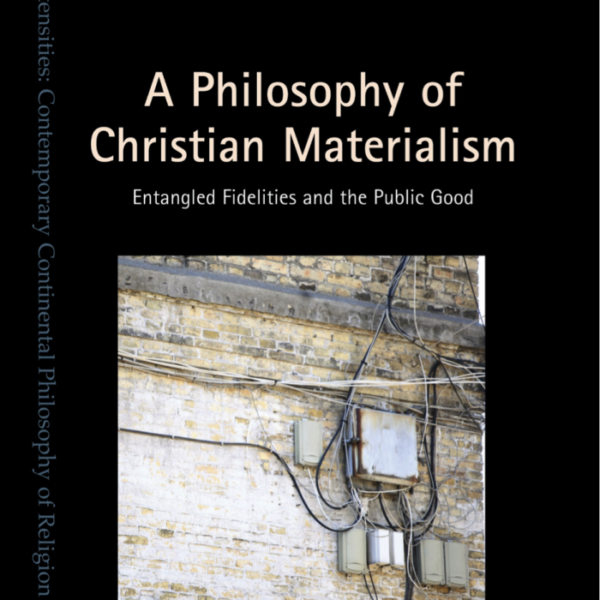
This book is both a project and a staging post on a shared journey. It is a place where, for a brief moment, the three of us came to rest in order to explore and expand upon our separate reflections on attempts to construct an appropriate contemporary conceptuality for Christianity, and its implications for engaged practice and public theology.
By John Reader
